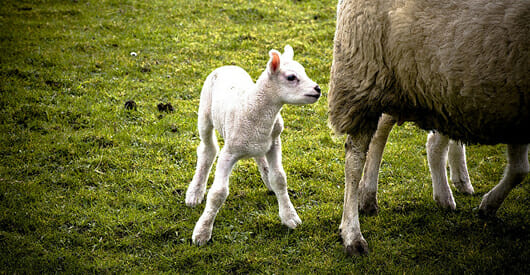
I spent the weekend planning several book projects. Here was the problem I kept having:
I’m very involved in the subject matter of these books. Like a lot of self-publishers, I got started in self-publishing by “being the market.”
In other words we each have a pretty good idea about what people who do our kind of work need, what they’re looking for.
The problem is I keep planning the books based on my own interests, what fascinates me.
This is exactly wrong.
Let’s say I’m writing a book on pizza-baking. I’d like to tell you about the amazing San Francisco sourdough starter I acquired, and the fine points of brick oven design for creating the perfect artisan pizza crust.
But what someone just starting out wants to know is what kind of bowls will I need, can you make pizza when you come home from work, and where can I find a good pizza dough recipe?
We all had to begin at the beginning. The problem is that after you’ve been at it a while, it can be hard to remember what it was like to be a complete newbie, not knowing the tools, the processes, the way all the pieces fit together.
My clients go through this with self-publishing. They’re surprised that there’s so much to learn. Slowly the realization dawns on them that they are starting a publishing company and they are now online and offline marketers, more or less.
The Beginner Mindset
There are some how-to writers and bloggers who are brilliant at being beginners. They find a field they want to study, something they don’t know a lot about. Here’s how they turn it to their advantage:
- As you learn, since you’re a beginner yourself, you blog about the process and what you’re learning. You write about what works and what doesn’t. One of the advantages of this method is you don’t have to be an expert, but gradually you become one, and a trusted authority to your readers at the same time.
- By putting yourself in the place of a beginner, you know exactly what a beginner needs, and you can show others where to find it.
- Having a beginner’s mind is a fantastic asset. It allows you to approach new things with curiosity and determination. Instead of feeling like you have to be an expert, you empty yourself to become a vehicle for instruction.
- You have no preconceived idea of how things are supposed to be, so you’re more likely to think of new ways to approach problems.
- By finding the methods that work, the tools that do the job the best, the services that can be trusted, you become the gateway for other beginners entering the field. This is a powerful place for any nonfiction how-to writer to be.
There’s nothing to stop you from taking action. By having the beginner’s mind you know exactly what questions to ask, because they are your questions too.
Seven Questions for Beginner’s Mind
I went back to my book projects and picked the first one. I tried to imagine someone looking for answers. Someone intelligent but without any experience my field.
What questions would I ask as a beginner?
- How do I get started?—I have an idea for a book, or I’ve written a book, but I don’t know anything about publishing.
- What are the risks?—I’ve heard you have to protect your work from being stolen, I’m concerned that I’ll do something wrong and have my work misused.
- How much will it cost?—Do I really need to hire and pay people like editors and designers when I can get friends to do it for me?
- How can I understand the process?—How do those books get into bookstores? How do people find my Amazon page?
- How can I get help if I need it?—I don’t know what information sources to trust, are they trying to sell me something?
- What are other people doing?—Other people must have solved these same problems. Where can I talk to some of them?
- What do I do first?—It’s all just overwhelming. I can’t see where to start getting my book into print. I’m afraid I’ll do it wrong.
All these questions helped to put me into the beginner’s mind and, at the same time, to see how I could directly address the anxiety that comes from so much uncertainty.
I threw out my preliminary outlines and started again. This time I tried to occupy the beginner’s mind, to see the world of self-publishing through these 7 questions. When I got finished with the first outline, the whole book had radically changed.
The subject was the same, but little else. How I organized the material, how I intended to write it, and how the whole book would look and be used were completely different. And I was much more engaged. I was excited to get started putting it together. I knew this was the right path for this book.
So let me ask you: Could you use beginner’s mind? How?
Image licensed under a Creative Commons Attribution 3.0 License, original work copyright by Jez Atkinson, https://www.flickr.com/photos/cloppy/;


